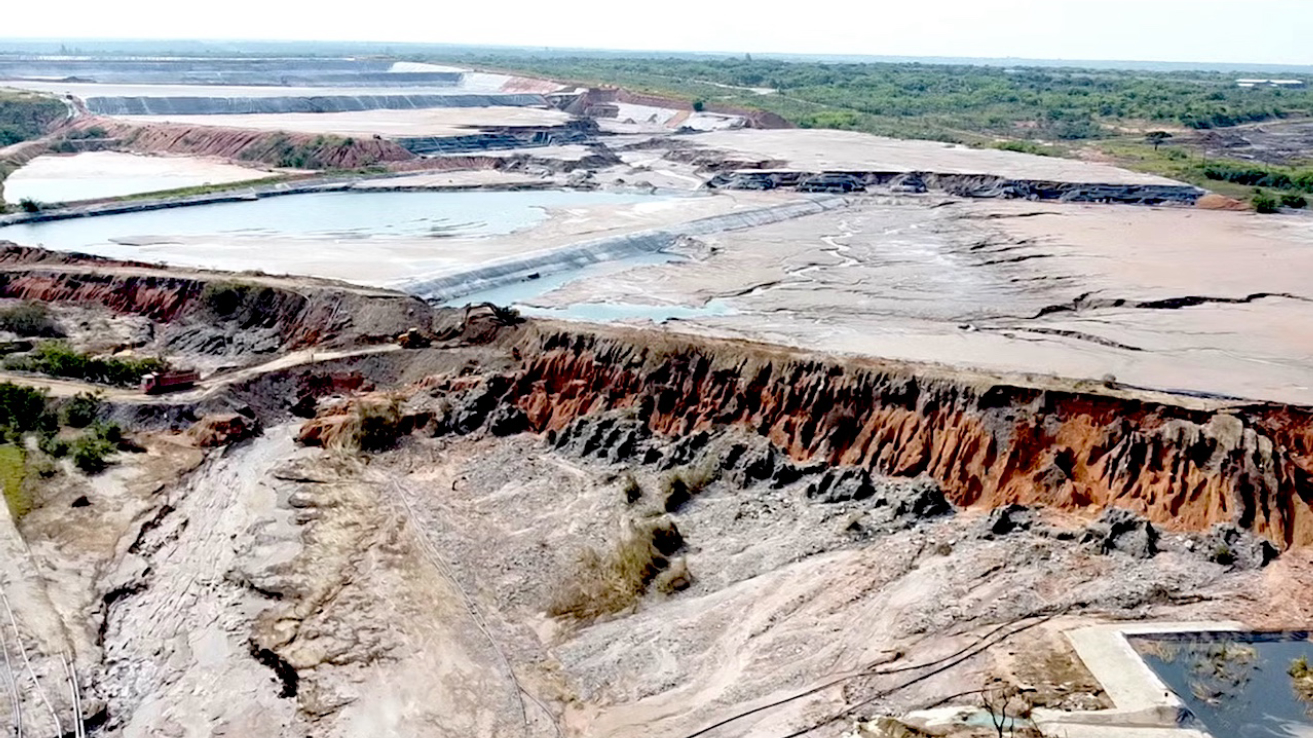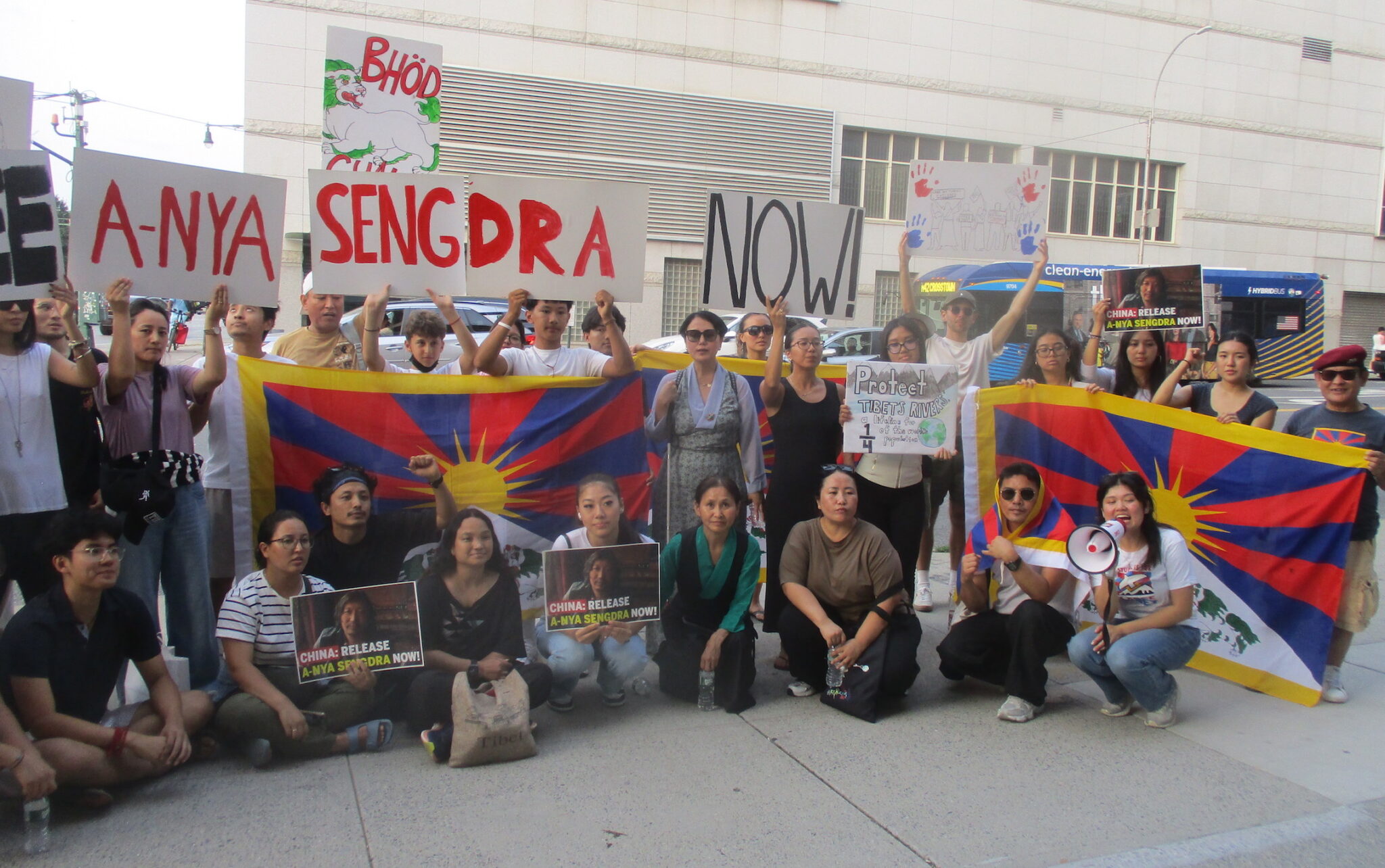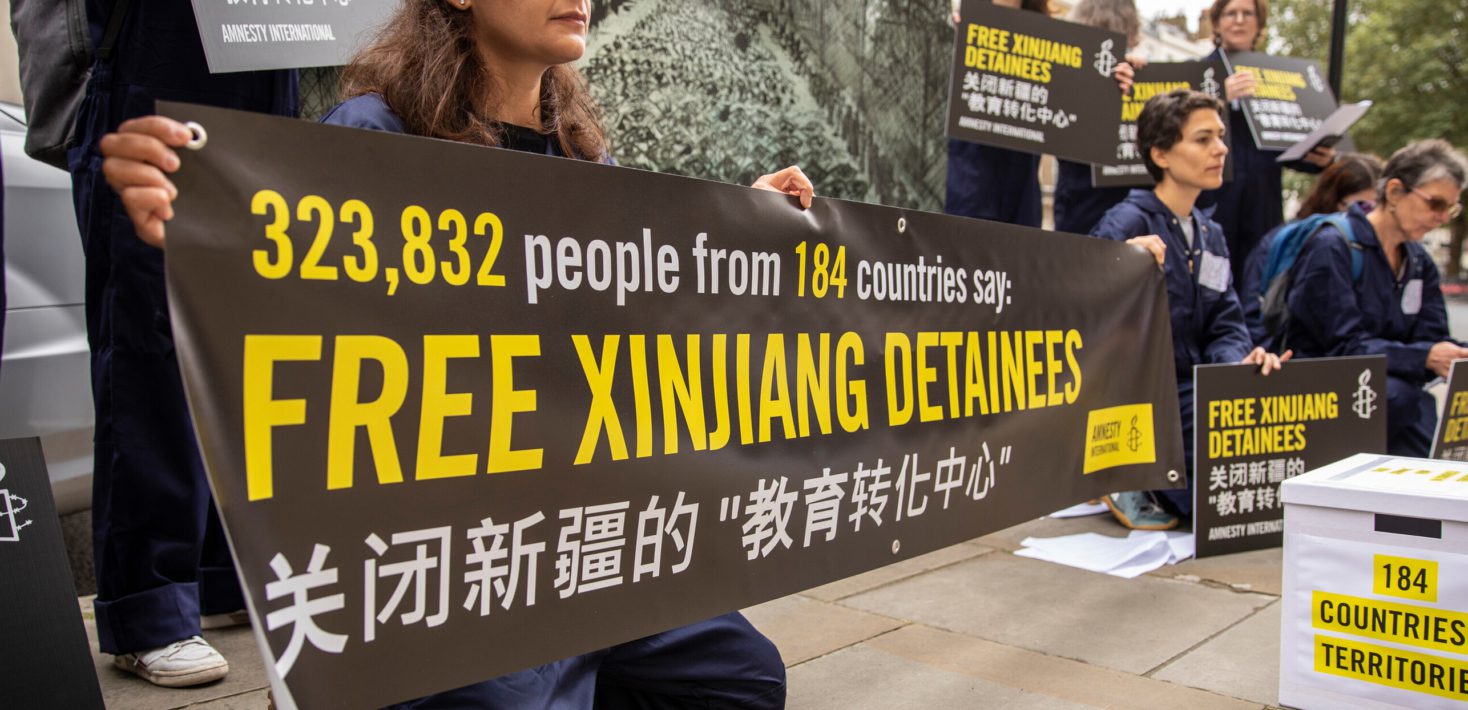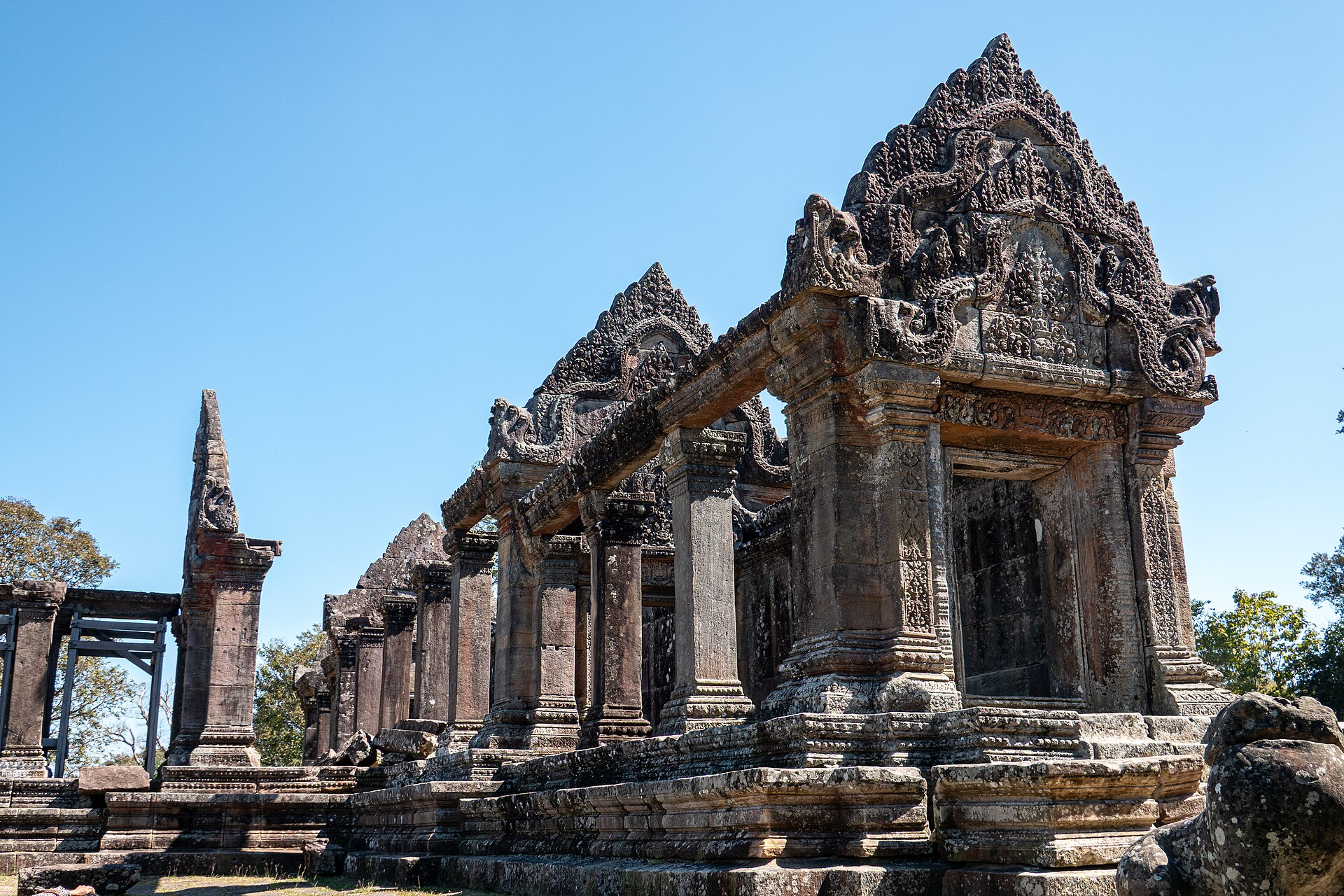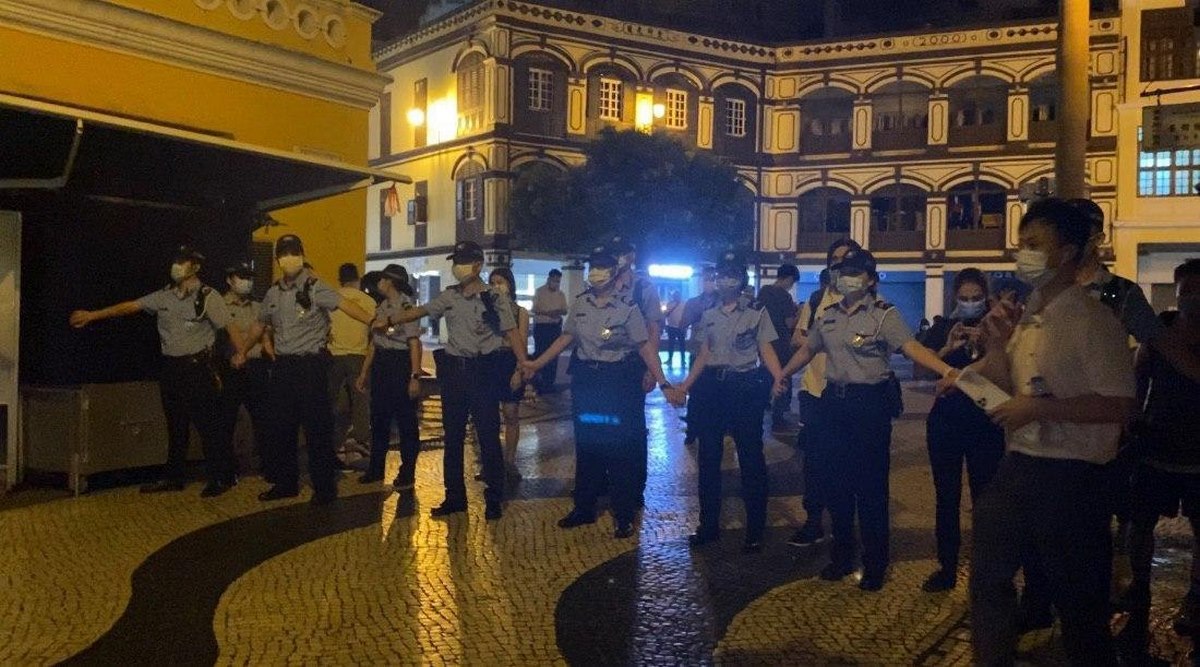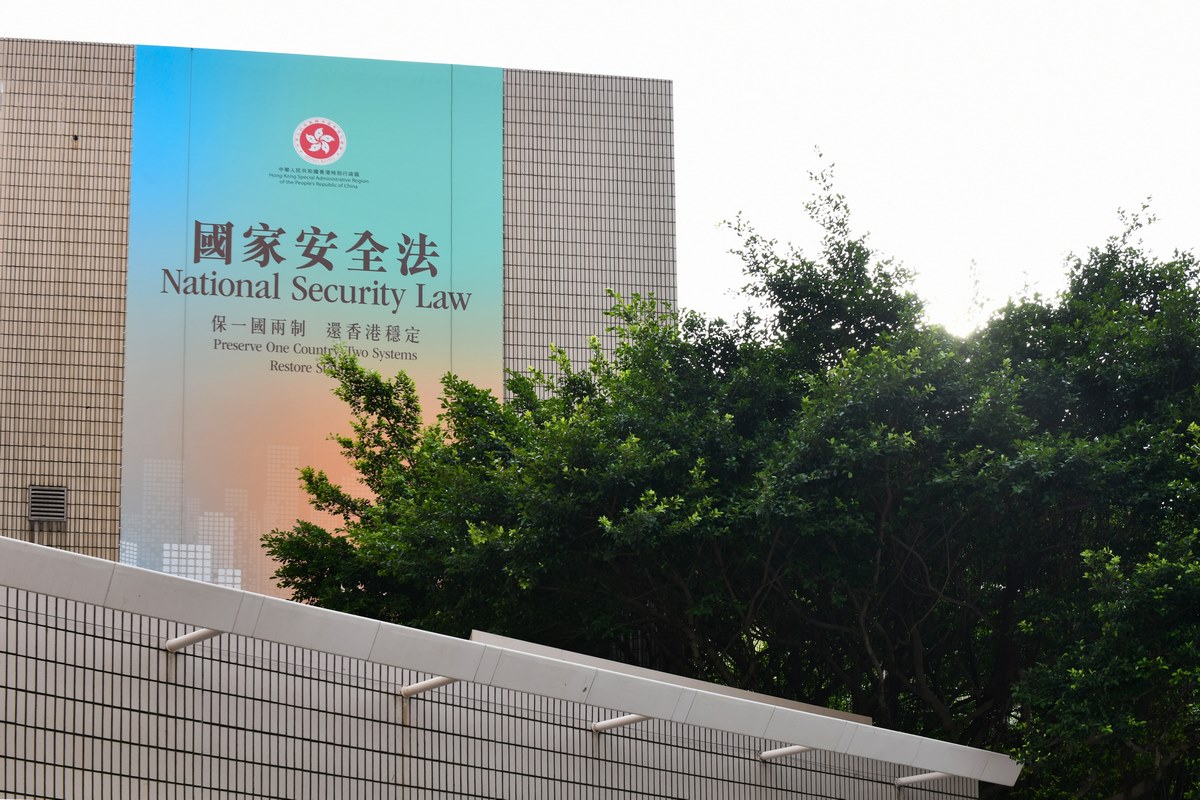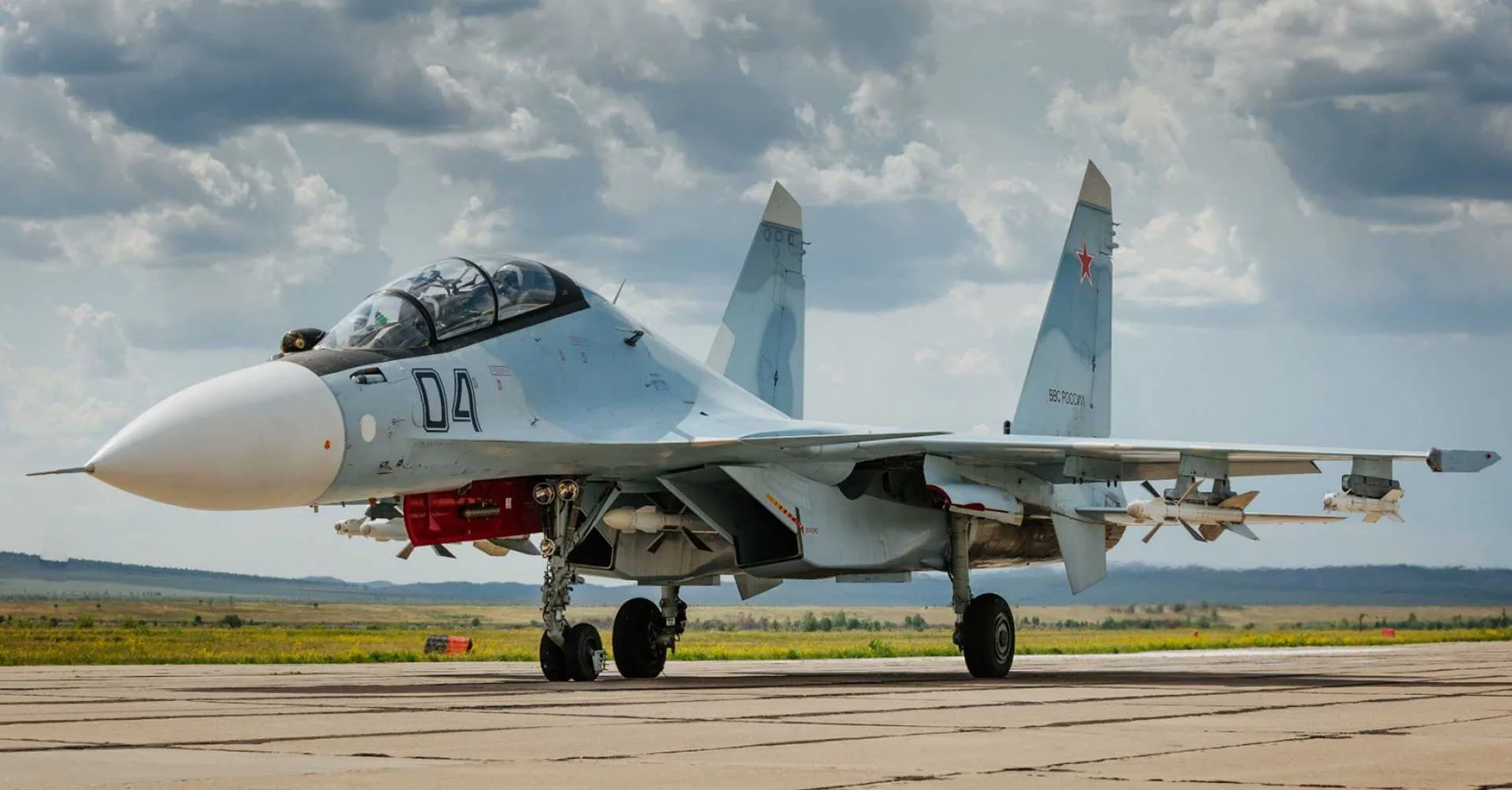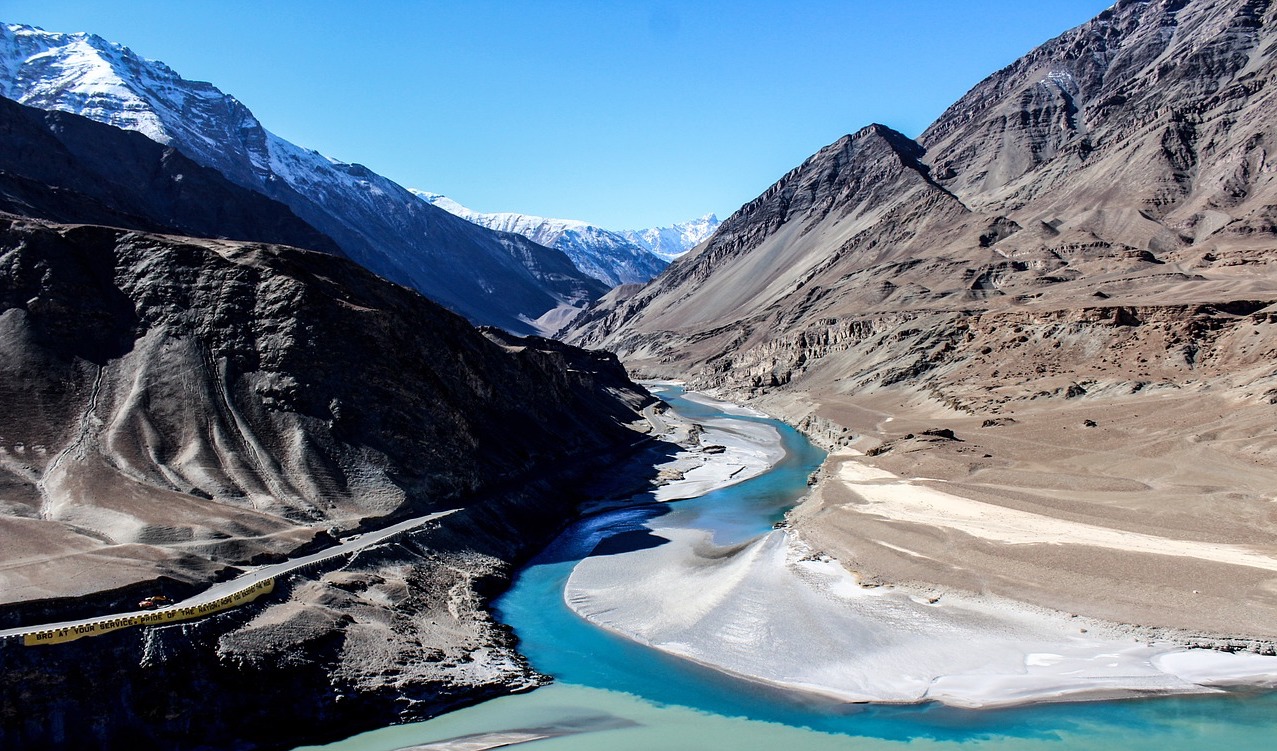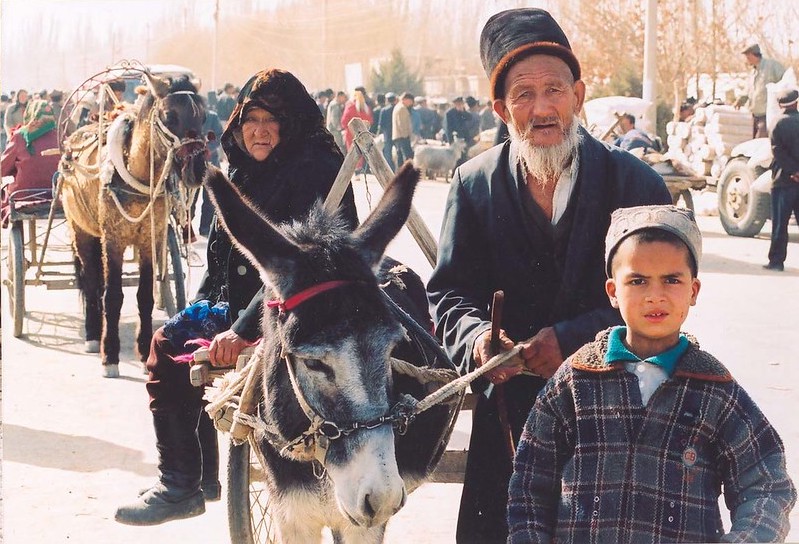
China: new law threatens minority protections
Human Rights Watch warned that pending legislation in China may lead to escalated repression of ethnic minorities. The proposed Law on Promoting Ethnic Unity & Progress imposes Mandarin language dominance in public life and education across all regions of the People’s Republic. It would effectively overturn the current Law on Regional National Autonomy, which guarantees minorities the right to “use and develop their own spoken and written languages and their freedom to preserve or reform their own folkways and customs.” Ominously, the law introduces mandatory educational requirements for families and home life as well as schools. While Article 12 instructs authorities to “organize education” to ensure “correct views of the state, history, the nation, culture and religion,” Article 20 imposes legal obligations for parents to educate minors to “love the Chinese Communist Party.” (Photo of Uyghur family in Kashgar: Todenhoff/Flickr)




